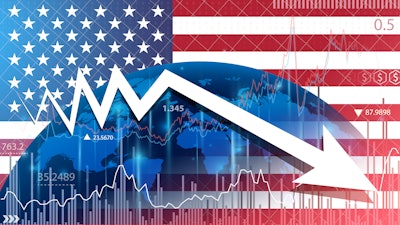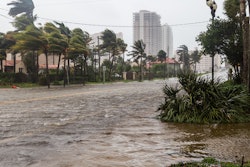
A full-blown recession has not yet occurred. However, an uninspiring low-growth environment, combined with elevated inflation and interest rates and tighter liquidity caused by a recent banking crisis led to some outperformance, especially in the technology sector, according to a new report from ISS ESG.
“In the latest report, ISS ESG’s proprietary data and research team, with significant capital markets experience and sectoral expertise, holds its analysis to account six months on, to provide structured, actionable intelligence and support for investors, helping them to evaluate and prioritize complex ESG risks and investment opportunities,” says Bonnie Saynay, global head of ESG Investor Research at ISS ESG.
From ISS ESG:
- Change usually happens slowly in the global regulatory world, but recent regulation related to ESG investing is accelerating the pace of change, even as regulators simultaneously advance new requirements and, in some cases, revisit existing regulation.
- Progress toward decarbonization remains slow, both because of limited adoption by companies of meaningful net-zero targets and because of a lack of consensus regarding alternative technologies such as nuclear power and carbon capture and sequestration. However, investor appetite for net-zero data is increasing exponentially.
- The ideas of transforming agriculture to prevent biodiversity loss and mitigate climate change and providing adequate public and private mental health services have received global support from international bodies such as the Intergovernmental Panel on Climate Change and the World Health Organization.
- Russia’s invasion of Ukraine and the resulting economic sanctions continue to be a significant influence on the ESG investing landscape. The short-term prospect of a diplomatic resolution remains slight.



















